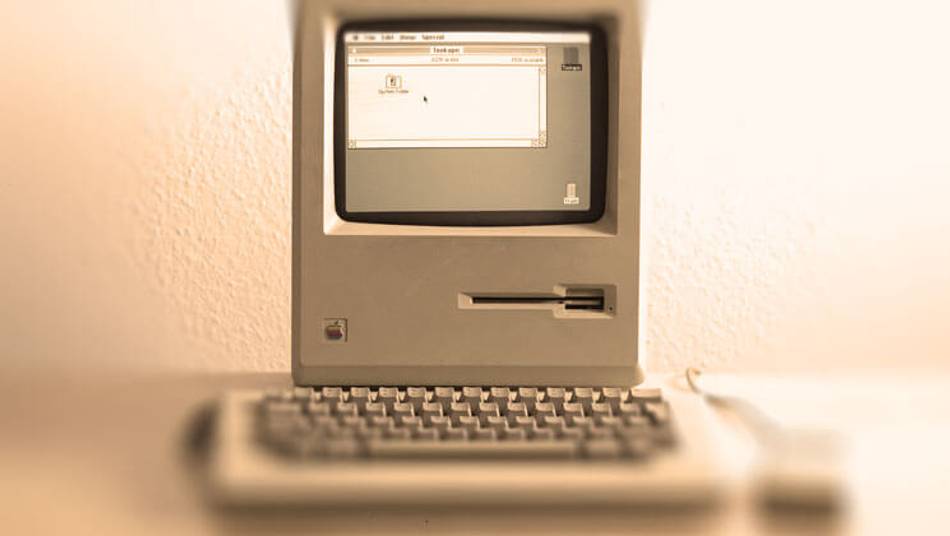Slow broadband is a big problem for any business, so use these handy tips to speed things up.
Not all forms of internet connection were created equal; in fact, if you’re still on dial-up, you’re probably waiting for this article to finish loading. But you don’t necessarily have to spend your way to a faster connection – sometimes, a few simple tricks can solve all your slow broadband problems.
Protect your Wi-Fi
Without password protection, anyone can use your Wi-Fi. And the more people that use your internet connection, the slower it becomes.
Most providers, including XLN, now supply password-protected wireless routers, but if you don’t have one, it might be worth switching providers.
Think carefully about your router’s position
A surprising number of things can affect the strength of a wireless broadband signal.
Walls and doors weaken the wireless signal, as can certain electrical devices. Routers are also less effective when locked away in a cupboard – ideally, you should put the router in a central location, next to the devices connecting to it..
And if your router covers a large area, position it centrally.
Used a wired connection where possible
The further you are from your router, the weaker your signal will be.
If you’re using a non-mobile device and you can work close enough to your router to connect through an Ethernet cable, it’s advisable to do so. It might look a little old-fashioned, but it will typically give you faster speeds.
Clean up your computer
A quick spring clean of your computer can really improve your broadband speed.
To begin with, try the following:
- Restart your computer and router (the equivalent of giving an old TV a whack)
- Clear your browser history
- Make sure you have the latest version of your browser – don’t ignore updates
- Close all programs you’re not using
- Make sure you have the latest version of Adobe flash player installed
- Uninstall software you don’t use – especially old anti-virus software
Avoid ‘peak times’
Put simply, broadband is faster when fewer people are using it. And in the UK, internet use peaks during the evening – roughly between 6pm and 10pm.
So if you can, it might make sense to do your surfing, uploading and downloading earlier in the day. In fact, if you’re a real morning person, get online at 5am – according to uSwitch.com, that’s when you’re likely to experience the fastest speeds.
Use microfilters and avoid extensions
If you have a standard phone socket with only one input, you will need to use a microfilter. These little devices separate out your broadband and phone line signal. Make sure this microfilter becomes your main socket and that your router is plugged directly into it.
You should also try to avoid using an extension cable between your phone socket and router. Essentially, the further your router is from your phone socket, the slower your broadband will be. Always aim for a short, straight connection.
Giving small businesses fast, affordable broadband is our bread and butter. And you’ll be surprised by how affordable superfast fibre can be. Check out our latest offers so you can spend less time loading, and more time running your business.




